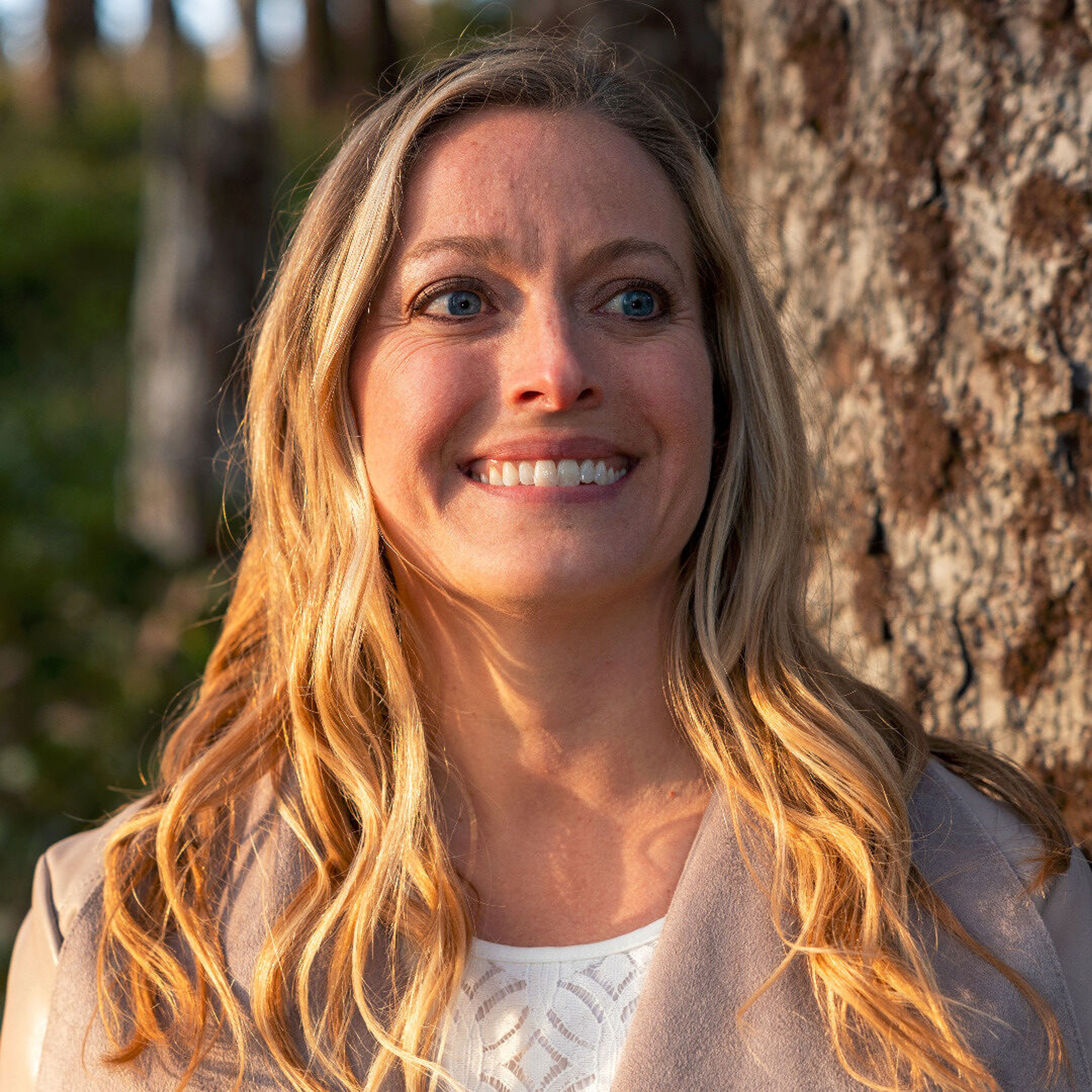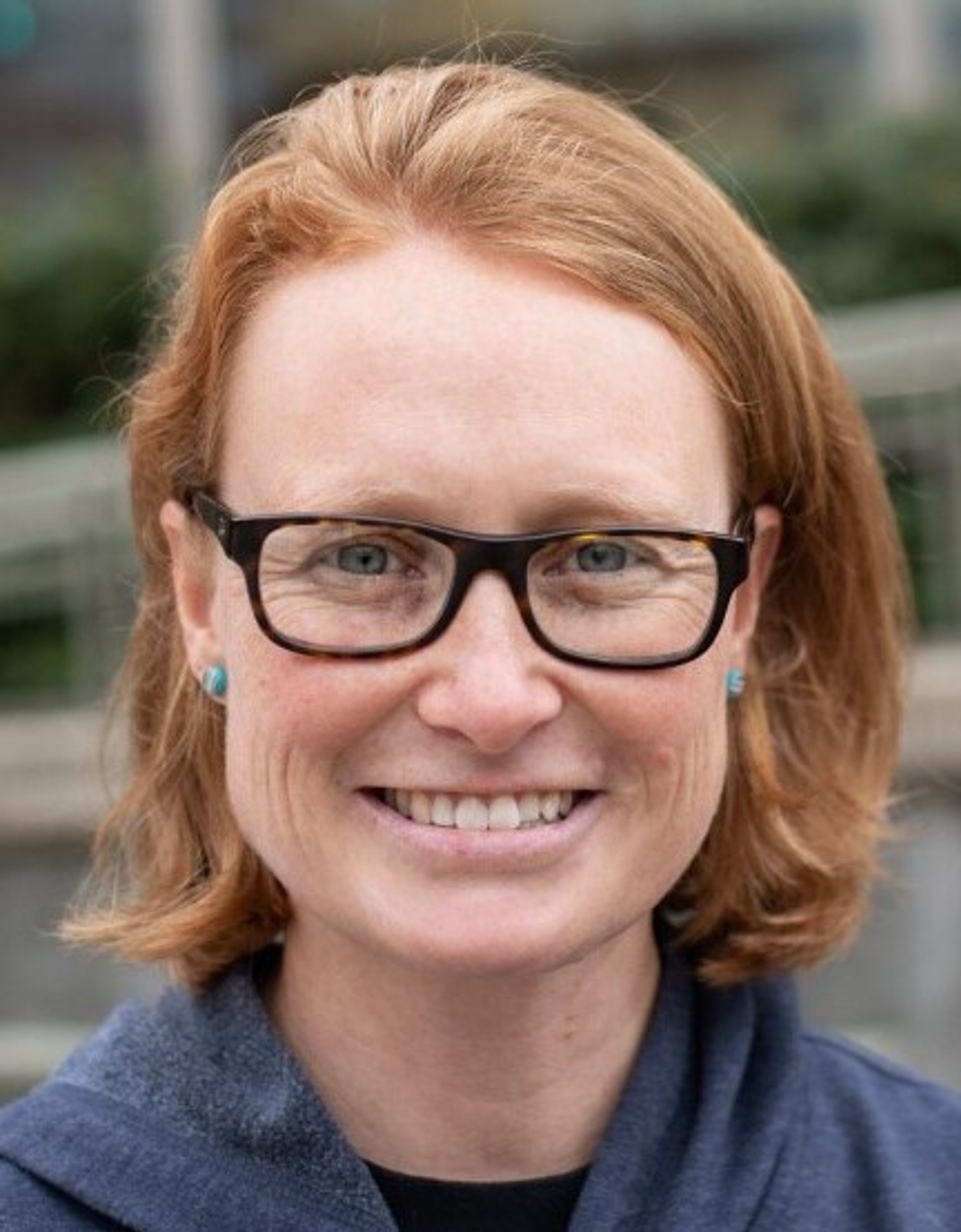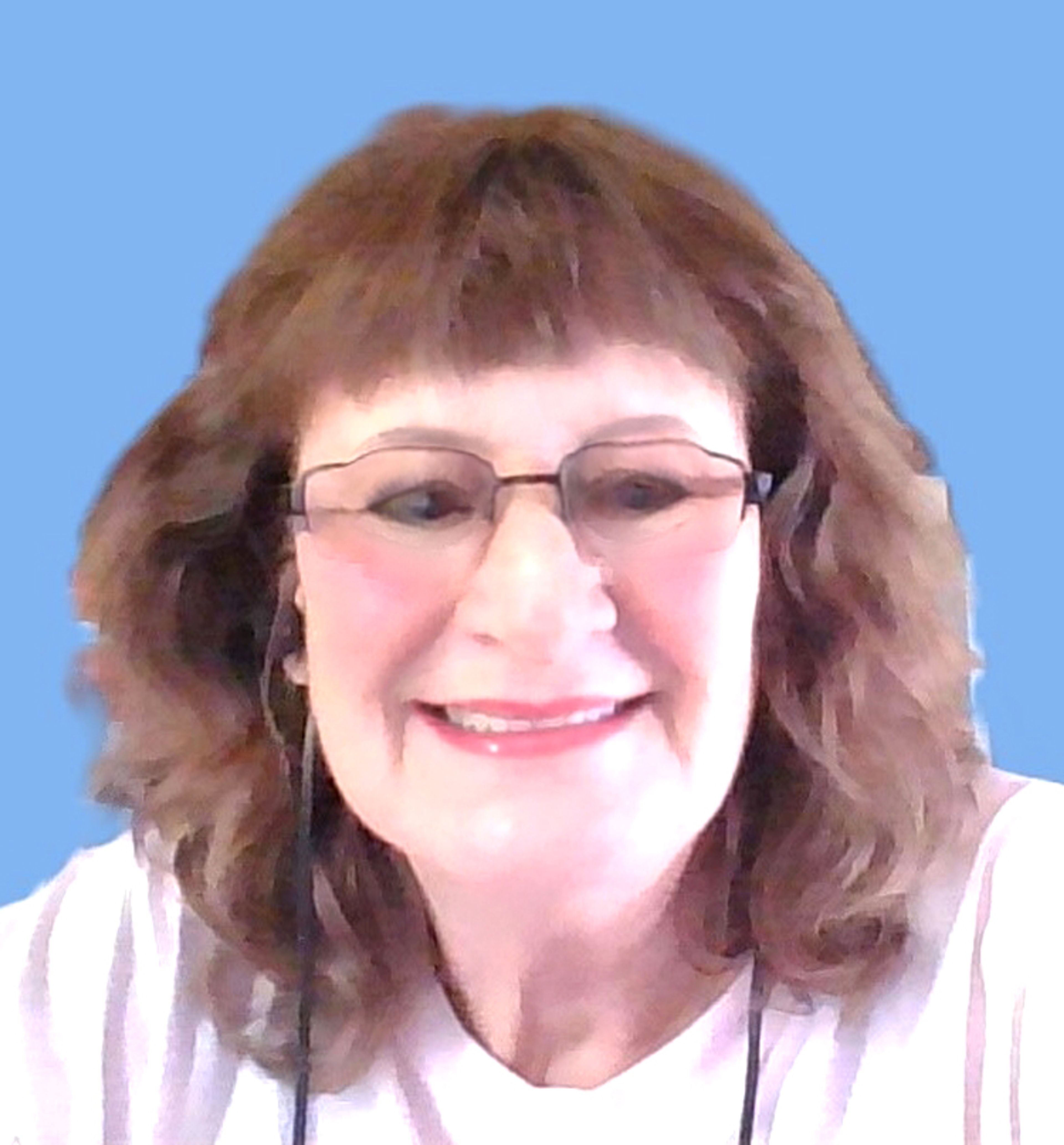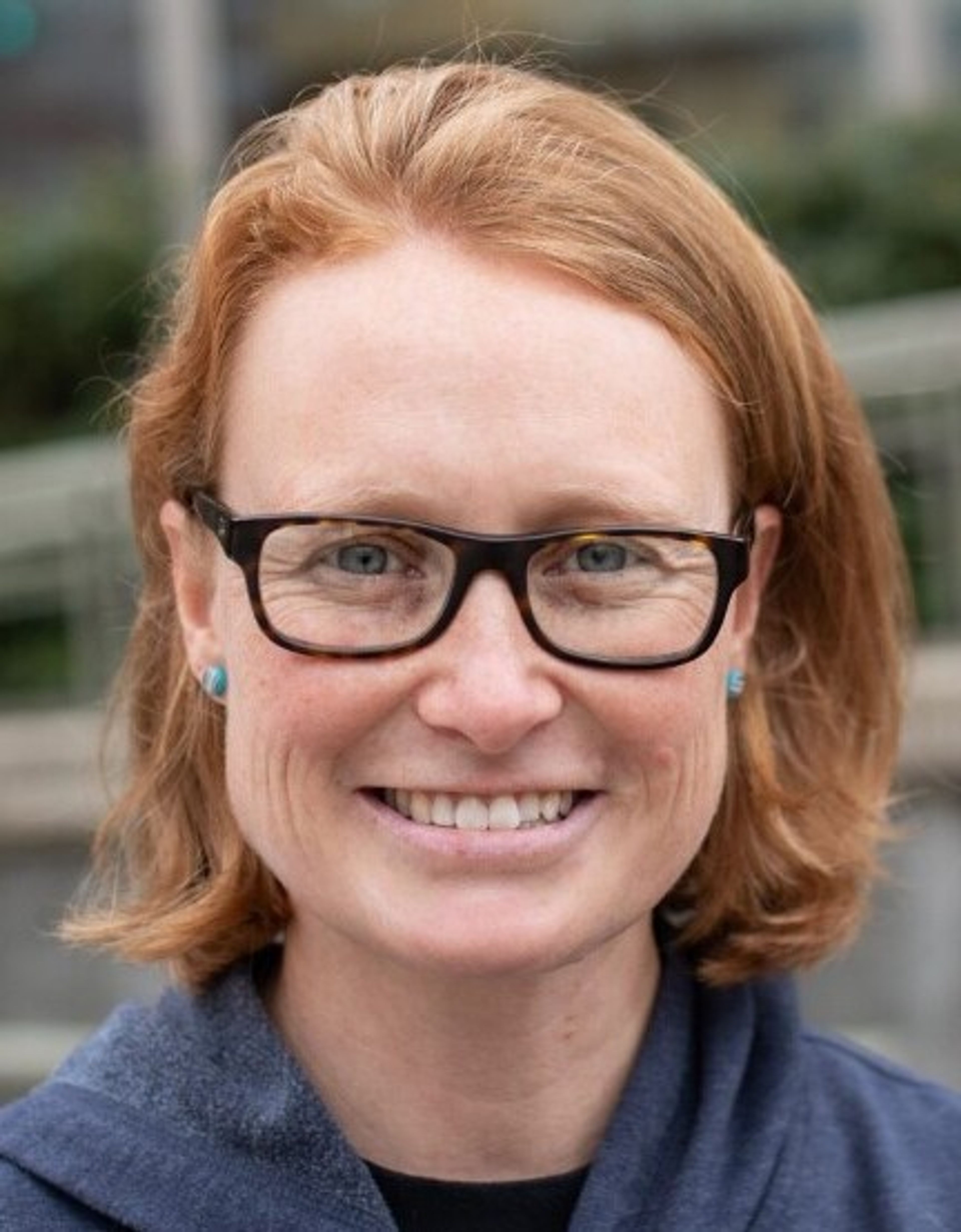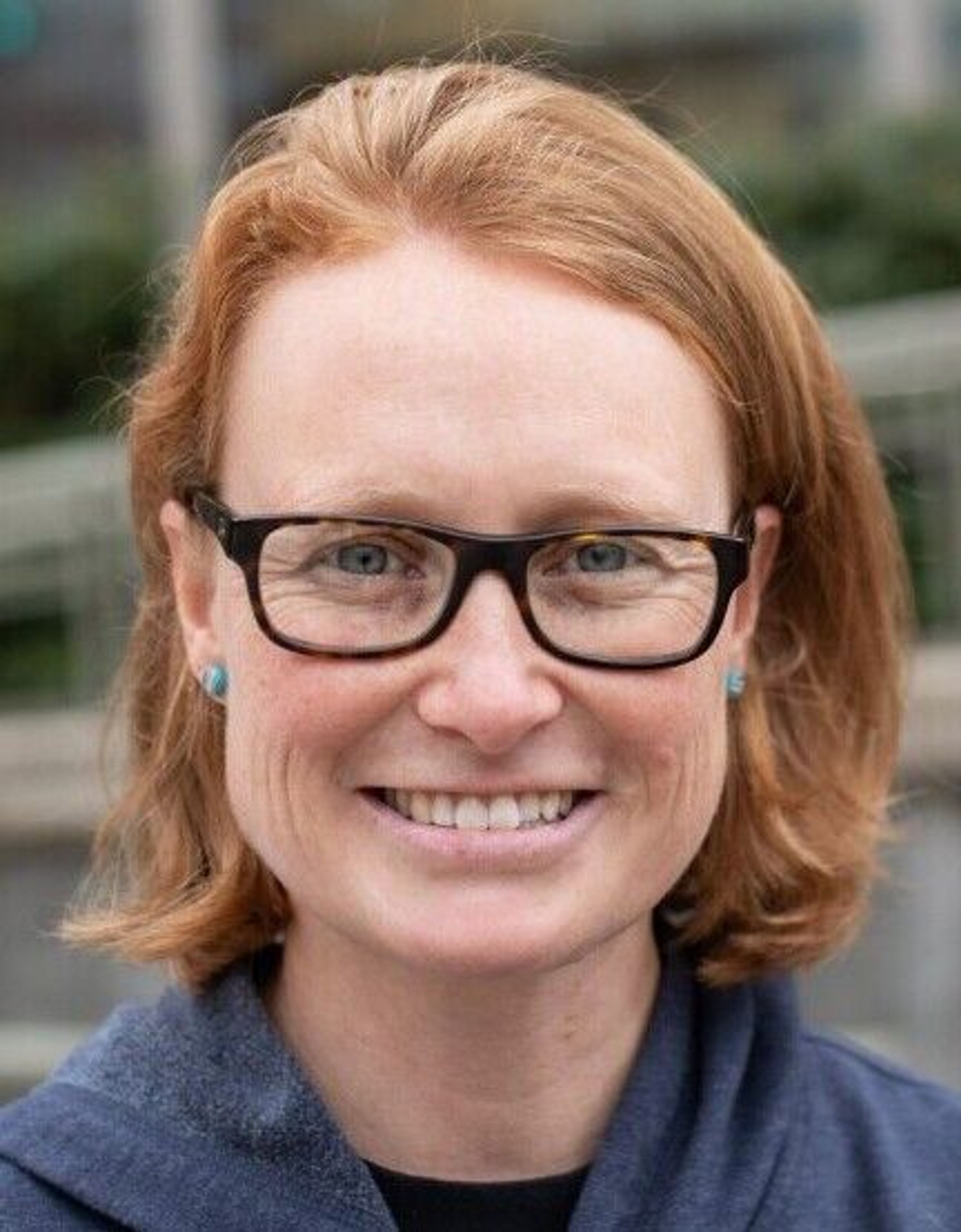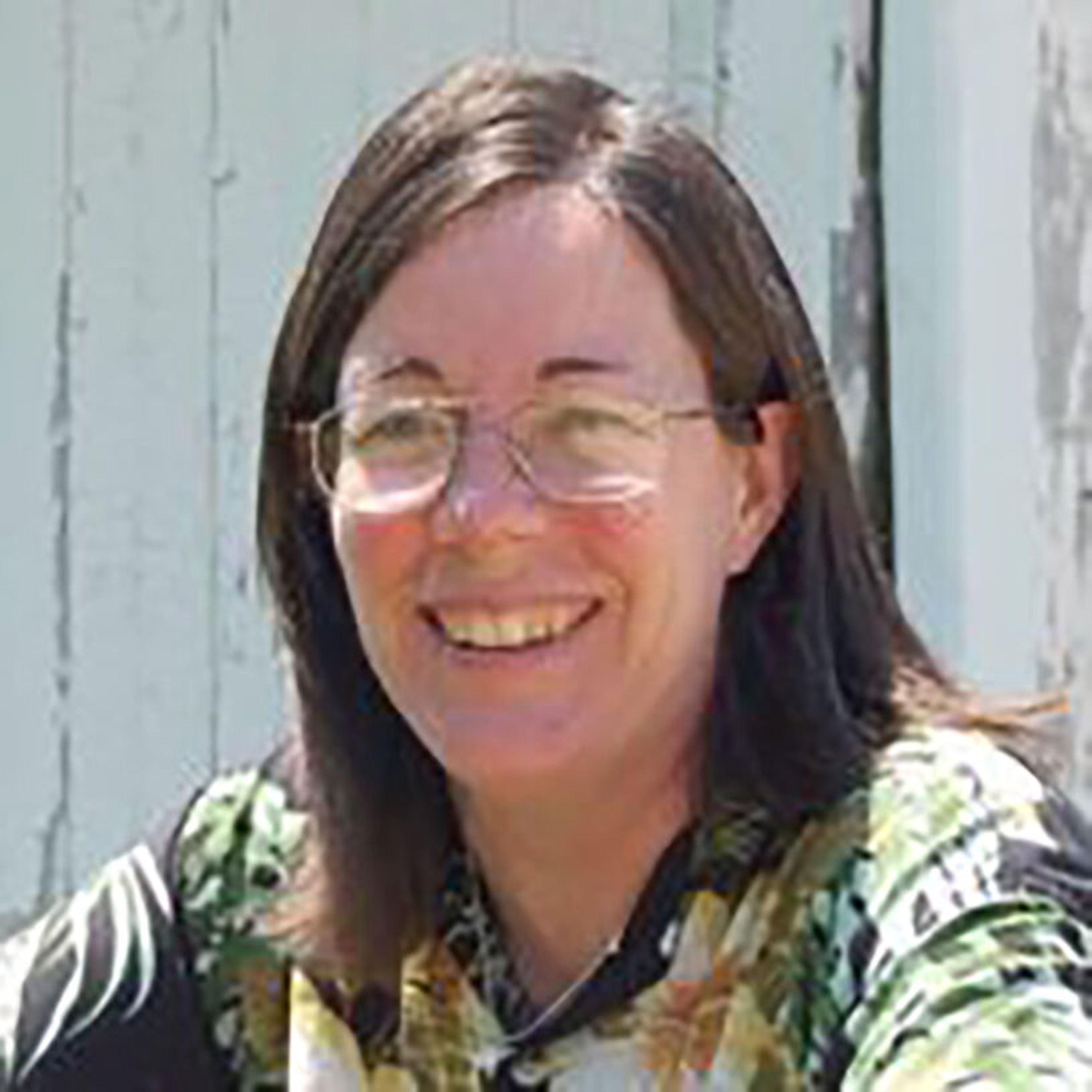Finding Hope, Purpose at an Atheist Conference
Faith Matters is a partnership with FaVS News (online at favs.news) providing readers a regular column about faith and its intersection with culture and our communities.
I was invited to speak at an American Atheists conference called Unite Against Hate that took place Oct. 25-26 in Spokane. The theme was on resisting white supremacy and Christian nationalism in the Pacific Northwest.
Fellow speakers included lawyers who have dedicated their lives to fighting for the separation of church and state and for women’s rights to health care, and professors who educate the public on fascism and Christian nationalism.
To say I was intimidated to speak there is an understatement.
I was invited because of a book I wrote about my spiritual journey from devout Christian to agnostic atheist. Since writing my book and changing my worldview, I have not submersed myself in atheist spaces. My husband and many of my friends are Christians. I still attend church with my family occasionally.
So, it was interesting for me to look around this atheist event and see a more expansive, beautiful picture of humanity than is present in many churches today. The crowd was diverse in age, gender and sexuality.
Being Spokane, the crowd was almost exclusively white. But the unflinching acceptance and support of folks there who do not clearly fit into cultural norms was heartwarming to observe. It felt like a space in which a person could be their full, authentic self. No filters required.
The image of a secular heaven came to mind.
Another paradox that struck me at the conference was the joy and hope in the room. Atheists get depicted as many things, but hopeful and joyous do not top the list. Religious folks often assume that atheists are nihilistic and detached, as if missing out on the pull of eternity makes this life pointless.
While the topics covered were often depressing, the people presenting and listening were not. They were energized to fight for change. Within my own atheism, I have found more motivation to improve this world than before.
As a Christian, there was a temptation to toss my hands up at the problems of the world and figure that God would handle them eventually. I comforted myself when thinking about people living in poverty, suffering and abuse by thinking that at least they would get to heaven down the road.
Thinking that this earthly life is all I will ever get to live, I am ignited to make the most of it. For myself, and clearly for the others at the conference, the definition of a meaningful life is one that fights for the flourishing of all.
I found the work being done by Americans United, our Washington State Attorney General’s office, the Pro-Voice Project and Legal Voice inspiring.
Folks are putting themselves on the line for the sake of others because it’s the right thing to do. As a speaker for the Pro-Voice project mentioned, speaking up for the rights of women in Idaho can feel scary.
Folks often tell her that they would be saying and doing more if not worried that they’d get shot for putting their necks out. And yet. Folks continue to speak up and to fight.
After the conference, one of the guests made a comment to me that wrapped it up perfectly. He said, “Feels like I got to see the dark underbelly of the beast while also meeting and hearing some amazing dragon slayers.”
I don’t believe that atheists have an exclusive opportunity to alleviate suffering in the world. I personally know many Christians who donate, volunteer and speak up.
I’m sure there that are plenty of Muslims, Jews, Sikhs, Buddhists, Baha’i and more doing likewise. Hopefully we can all maintain an attitude of complexity and a nuanced understanding of our fellow humans.
But the atheists at the conference encouraged me that the fight is never over, even when things look dark.
They gave me hope.
Hayward, of Spokane, is a former Christian and the author of a spiritual memoir, “Giving Up God: Resurrecting an Identity of Love & Wonder,” and a children’s chapter book, “Sedona and the Sloth.”
